




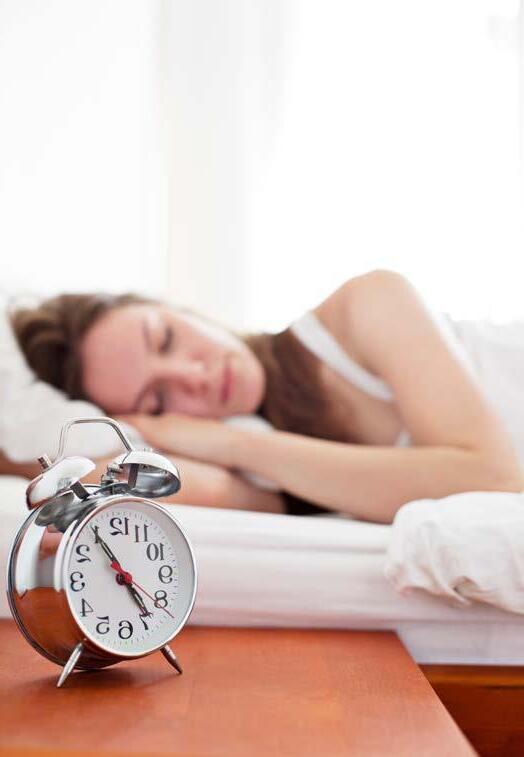
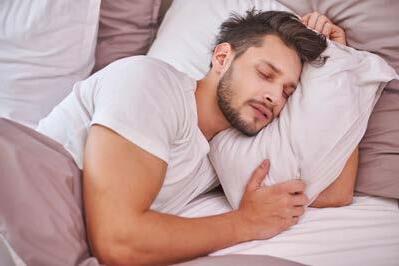 Karlfeldt, ND, Ph.D
Karlfeldt, ND, Ph.D
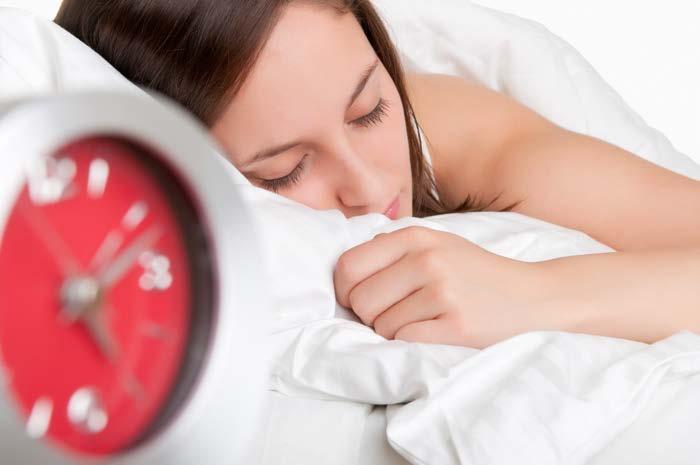

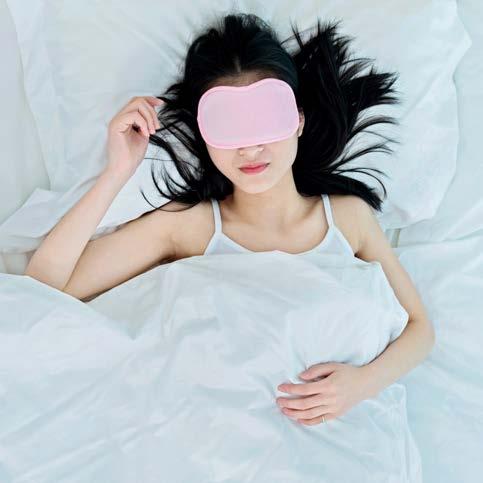
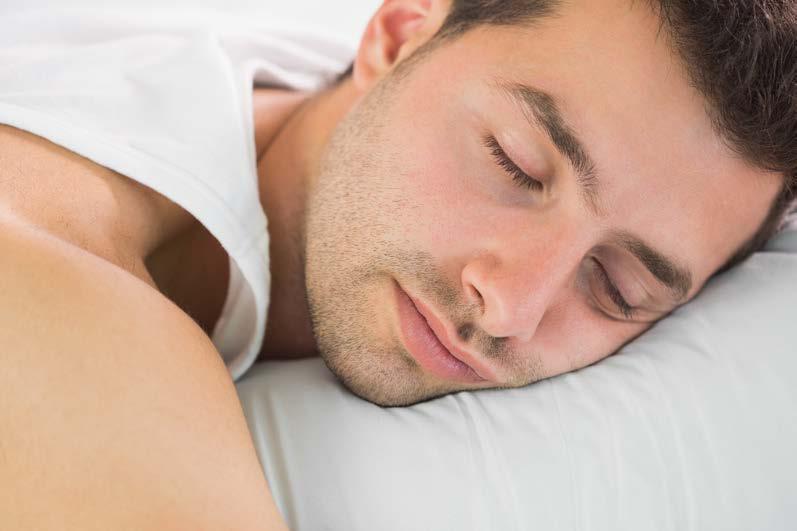 Michael
Michael
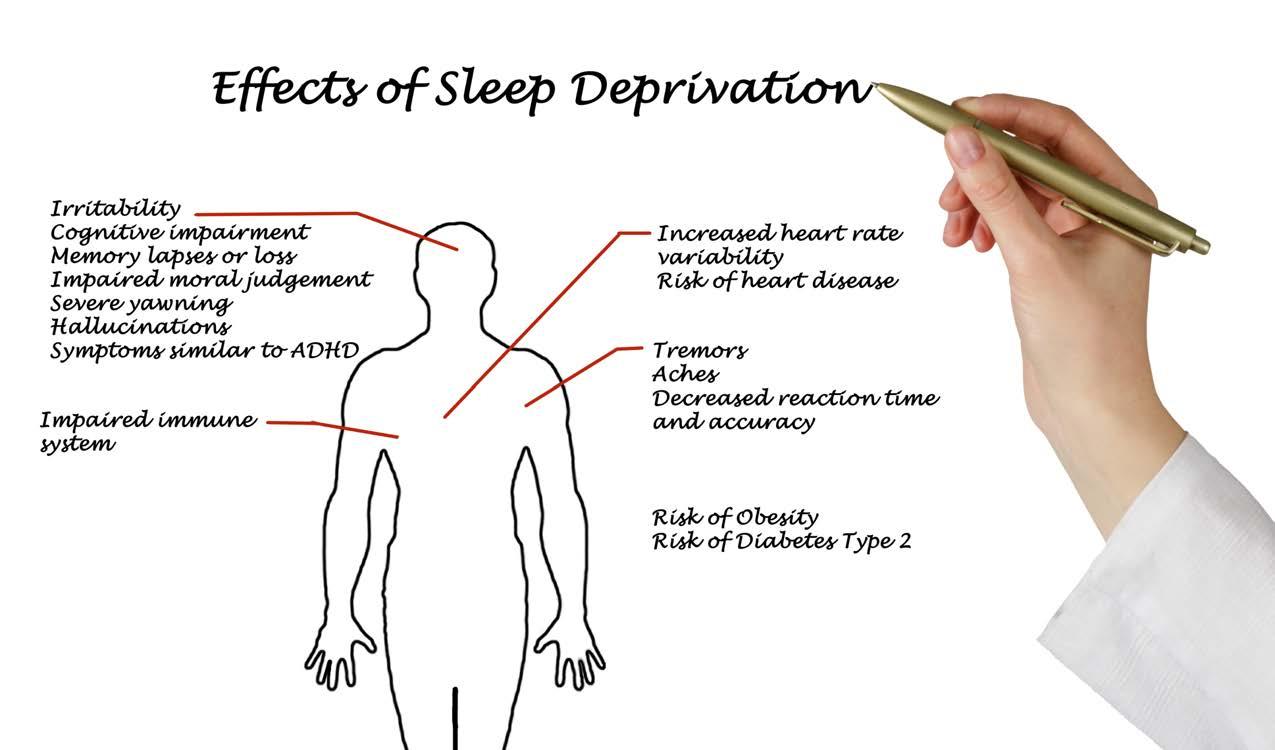
Over the past 50 years, average sleep duration has decreased by 1.5-2 hours per night. Whereas our grandparents were getting a healthy 8-9 hours per night, the averagepersontodaysleeps7hoursorfewer.
Meanwhile, obesity rates continue to rise. Globally, 13% of adults are obese, 39% are overweight, and one-in-five children and adolescents are overweight. In the U.S. alone, 49.1 adults are considered obese, as chronic diseases like diabetes and heart diseasealsoskyrocket.
As sleep deprivation rises alongside obesity rates, you might wonder if there’s a connection.Andyou’dberight!
It’s easy enough to blame increased obesity on junk food and fast food drivethroughs.Butwhataboutthoseofuswhoaredoingeverythingright?
It turns out that many of us are missing a crucial piece of the weight-loss puzzle. And now, with the latest science and some simple tactics and tools, you might be able to boostsleepqualityandquantity…and,inturn,burnmorecaloriesinyoursleep.
If hours at the gym, eating the most nutrient-dense foods, and taking the most expensive supplements aren’t working to help you shed excess weight, read on. This guideisforyou.
According to one prominent global poll, the weight loss industry is estimated at $132.7 billionandisexpectedtosurpass$142.6billioninthenextyear.
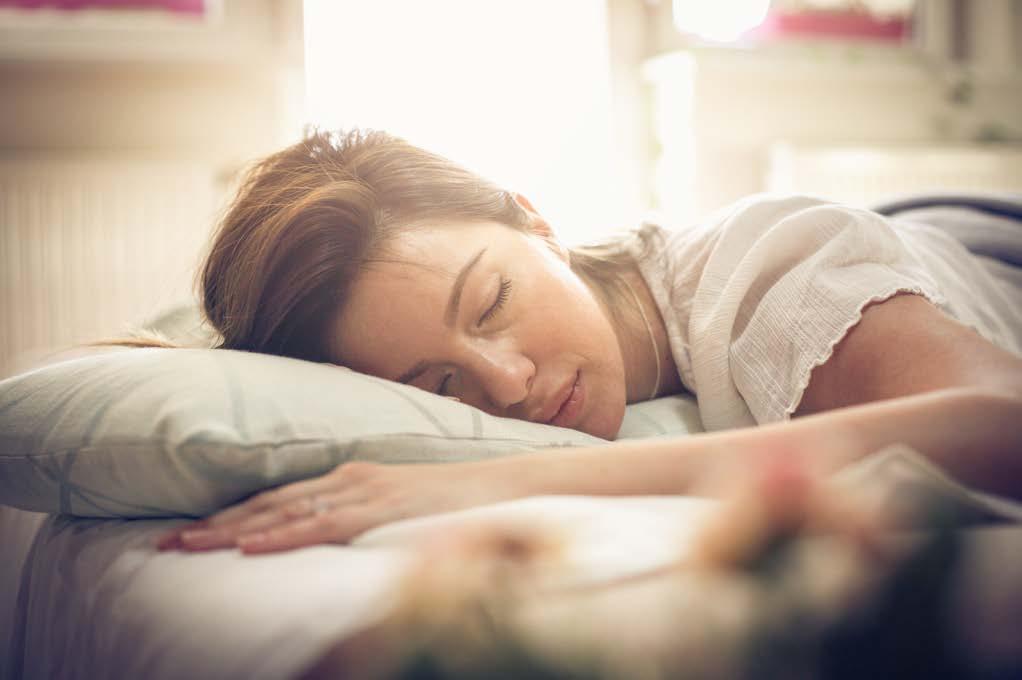
With thousands of diets, supplements, shakes, and exercise programs available (many of themforfree),whyisitthatsomanypeoplecan’tseemtogettheirweightundercontrol?
As a Naturopathic Doctor and Ph.D., I’ll be the first to admit that weight gain and stubborn fat are the product of multiple factors — environmental toxins, junk food, sedentary lifestyles,adrenaldysfunction,andhormoneimbalance.
But there are a few things that people are getting wrong in their (sometimes decadeslong) quest to sustainably lose weight: They’re obsessing over exercise and caloric restriction or concentrating too much on improving complex hormone levels before focusingononesimplething: gettingbettersleep.
In my years as a physician, it’s become abundantly clear that sleep is suffering. Whether this is because of increased stress, poor diets, or spikes in screen time and EMF exposure, deep, nourishing sleep is disappearing, and weight gain and poor health outcomes are takingitsplace.
This guide is a distillation of many years of clinical work to show you that, as much as exercise and diet play a role in fat loss, the secret to real and lasting physiological change isn’t happening at the gym — it’s happening while you sleep. Plus, you’ll get a full rundown of my Skinny Sleep Protocol and quick tips and tools to start making profound changes today.
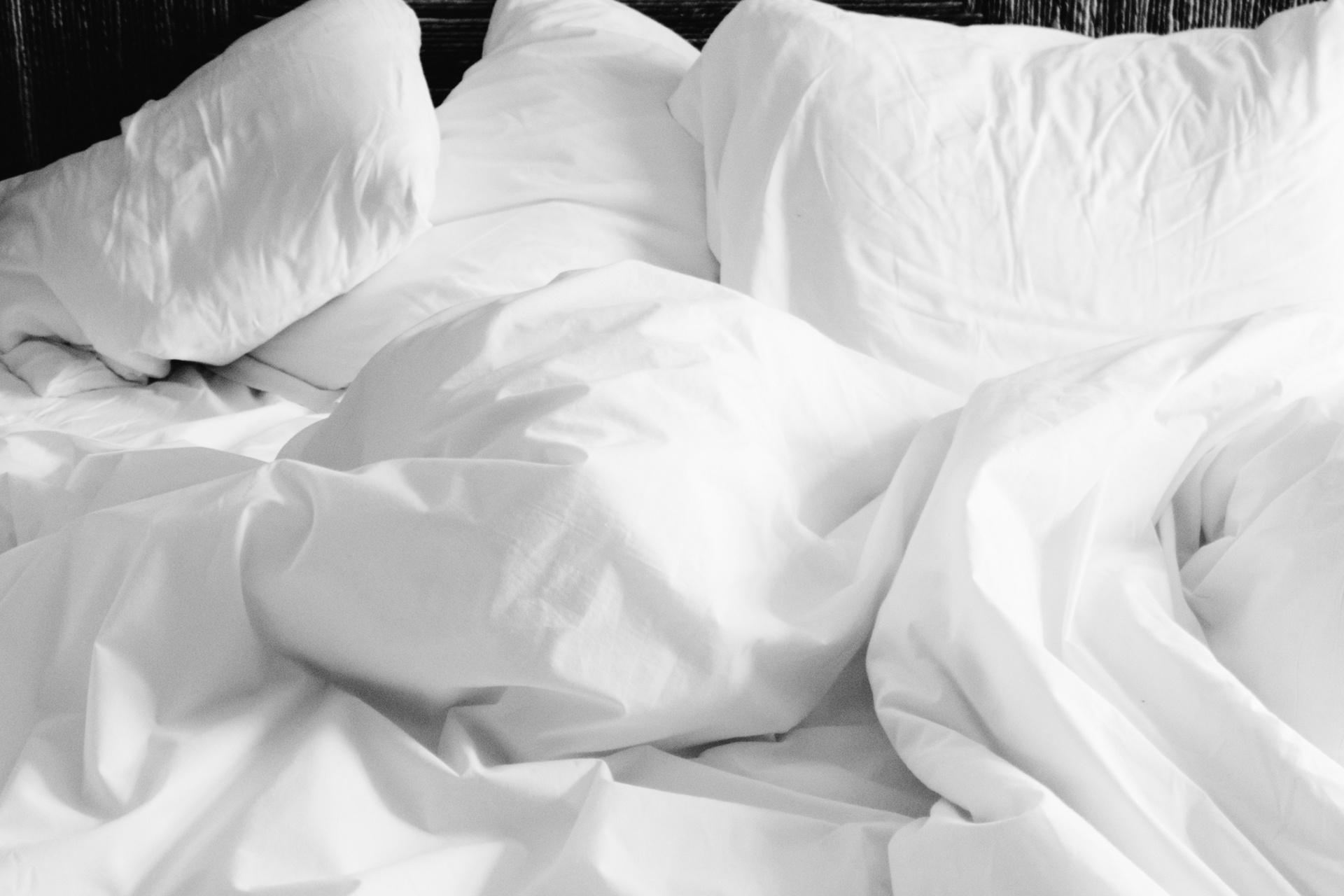
Diet, exercise, hormone balance, stress management — these are crucial elementsoflastingweightloss.Butitmightnotbeforthereasonsyouthink.
All of these components contribute to deep, nourishing sleep. And that’s when your body is in a true repair state: rebuilding muscles, bones, and other tissues and detoxing every major organ (including your brain), all of which results in increasedcalorieburn.
You know sleep is important, but you might not know exactly why. But by cuttingsleepshortorfailingtooptimizeforyourbestsleeppossible,youare:
Reducingthenumberofcaloriesburnedwhileyousleep
Reducingtissuerepair(includingmusclebuilding)
Reducingnaturaldetoxificationprocesses
Increasinghormonesthatactivatehungerthroughouttheday
Reducinghormonesthatsuppressappetite
Before we dive into sleep optimization, let’s talk a little more about the sleepweightlosscycleandwhatmightbegettinginthewayofadeepnight’ssleep.
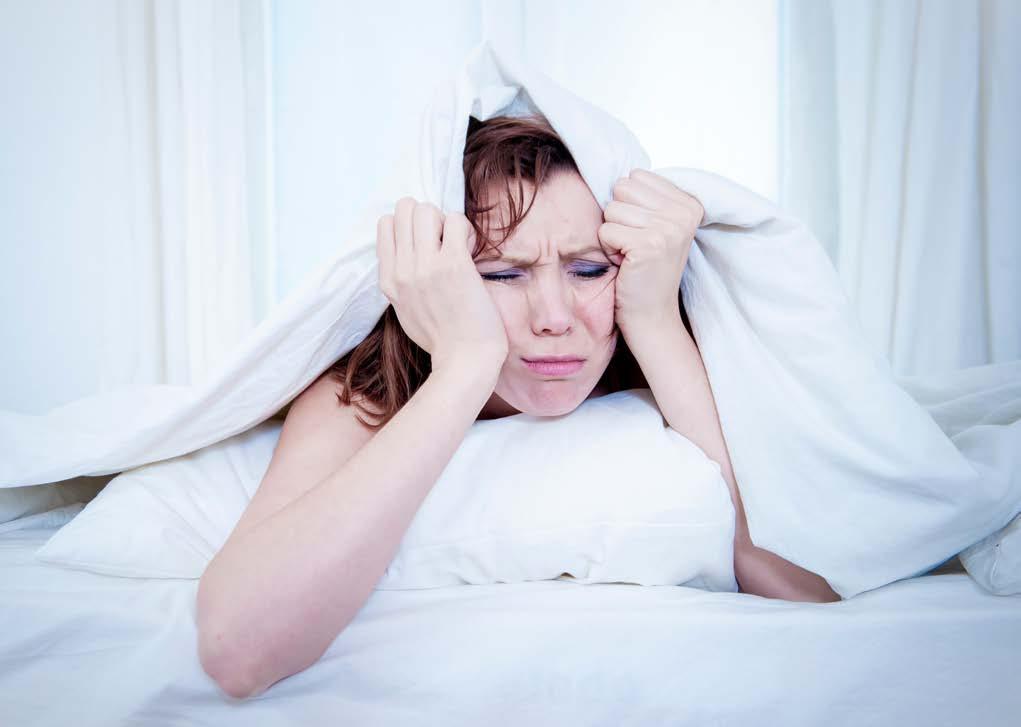
Numerous things can disturb your sleep, from sleep apnea to too much caffeinetothewrongroomtemperature.Fornow,we’llfocusonjustfour:
Poordetox(TheChineseOrganClock)
Bloodsugardysregulation
Hormoneimbalance
Badsleephygiene
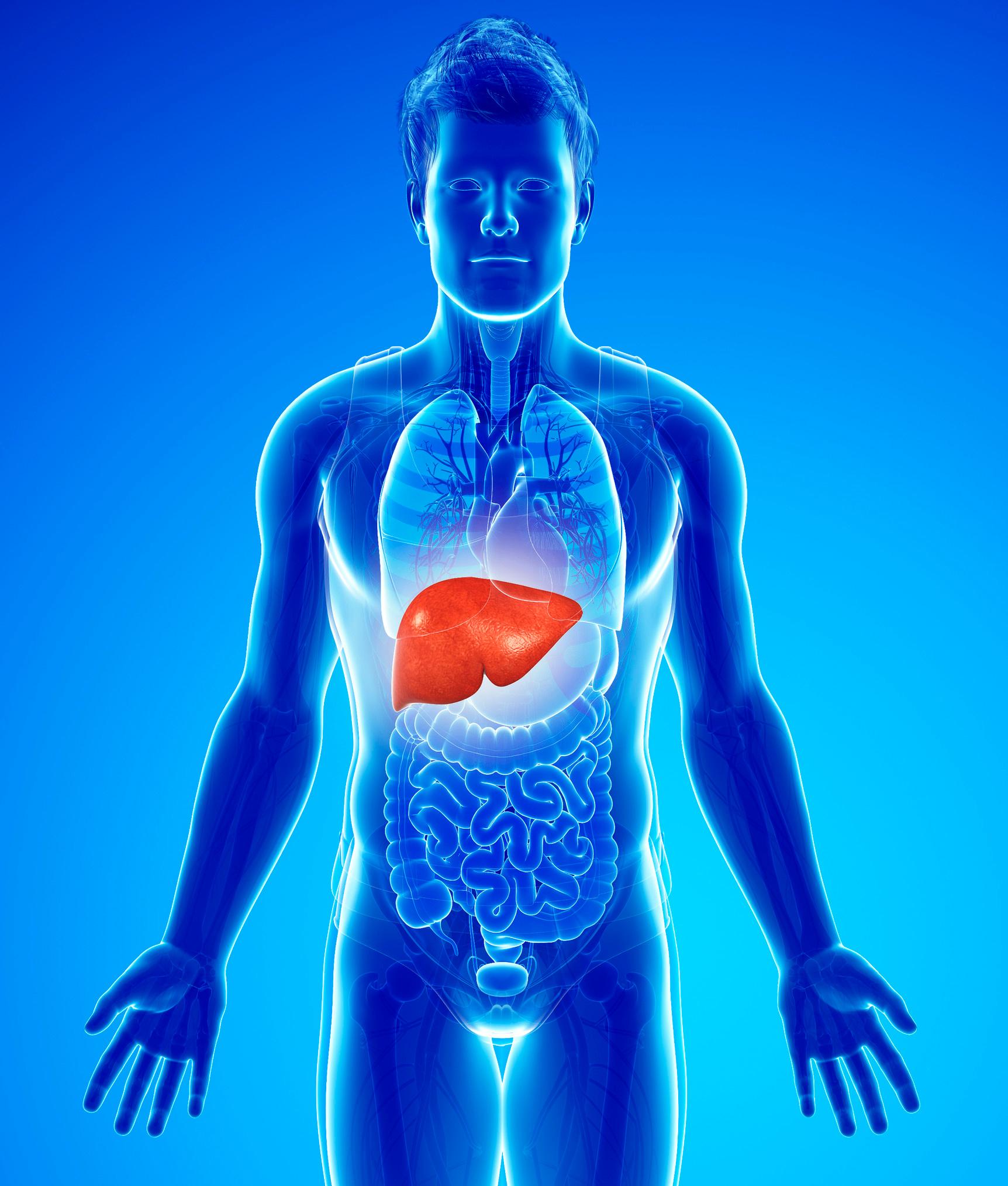
Your body contains numerous natural detoxificationpathwaysthatincludemajor organs like your liver, kidneys, and lungs. That means your body is constantly working to remove toxins, excess hormones, and other waste. And these organs are especially active as you sleep.
However, your toxic load is sometimes so high — whether from stress, poor diet, exposure to environmental toxins, or hormone imbalance — that your detox organsgetoverwhelmed.
Without the proper support, your organs can’t do their jobs and, instead of detoxing appropriately, can actually interfere with your sleep, waking you up at specific hoursofthenight.
In Chinese Medicine, each organ corresponds to a different hour, and many crucial detox organs are busy detoxing at night. For instance, liver detox is at its most powerful between 1 and 3 a.m. If you find that your sleep is consistently interrupted around the same time, this can give you some insight into whichorgansystemsmayneedsupport.
You might think that blood sugar spikes and dips only happen during the day in response to when and what you eat. However, your blood sugar continues to shift and change as you sleep. And if you’re not setting yourself up for success during the day, you could be causing massive highs and lows while you’retryingtosleep.
For instance, without the proper nutritional support, your blood sugar can drop too low throughout the night, sounding alarm bells to the brain, which relies on glucoseforfuel.
In response, your adrenal glands (two walnut-shaped glands on top of the kidneys) release stress hormones (cortisol), quickly raising blood sugar and bolting you awake. Do you wake up anxious or in a fight or flight response for seemingly no reason? Your adrenal glands are at work attempting to replenish droppingbloodsugarlevels.
Speaking of hormones, these powerful chemical messengers often go off the rails,producingtoomuchortoolittleandaffectingyoursleeppatterns.
Cortisol, your body’s main stress hormone, is useful for much more than fight or flight. It helps wake you up every morning, increases blood glucose when available energy gets too low, and can be an anti-inflammatory, aiding in tissue repair.
However, chronic stress and anxiety can send cortisol levels on a rollercoaster thatcankeepyoufromfallingorstayingasleep.
The thyroid produces a few vital hormones responsible for regulating your metabolism and other critical body functions. But too much or too little thyroid hormonecangetinthewayofagoodnight’ssleep.
Testosterone isn’t just a hormone for muscle building and maintenance. It’s critical for both men and women, responsible for regulating bone mass, fat distribution, and regulating reproductive tissue. There’s also a link between poorsleepandlowlevelsoftestosterone.
Estrogen and progesterone imbalances can also disrupt sleep in women, triggeringhotflashes,anxiety,andinsomnia.
Strong sleep hygiene means keeping specific daily and evening routines that supportsleep.Thiscanincludethingslike:
Keepingaconsistentsleep-wakeschedule
Optimizingsound,temperature,andlightafterdark
MitigatingEMFs(electromagneticfields)
Avoidingglucose-spikingfoodsbeforebed
Andmuchmore
So, why is a good night’s sleep essential for weight loss? crucialhormonecalledHumangrowthhormone,orHGH.
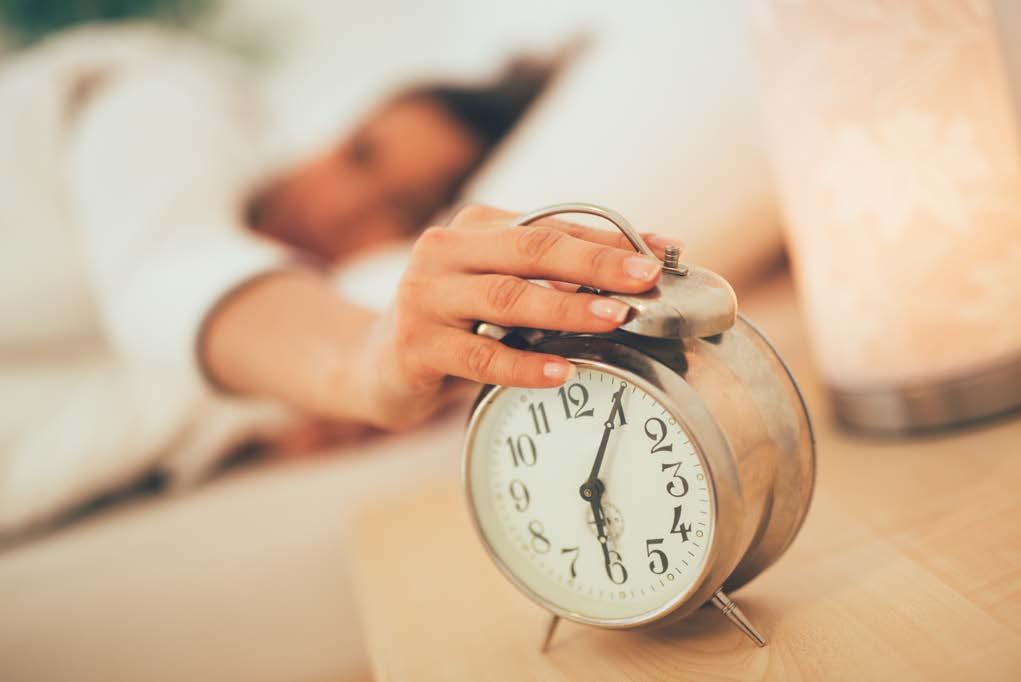
Human growth hormone (HGH) is a naturally-occurring hormone produced by the pituitary gland — a hormone-secreting endocrine gland in your brain. HGH is vital for building muscle mass, boosting metabolism, repairing tissues, and burning fat via cell regeneration and cell production.
HGH is naturally-produced in the body, but several factors slow its production, especially as you age. This is one of many elements responsible for stubborn fat gain asyoureachmiddleage.
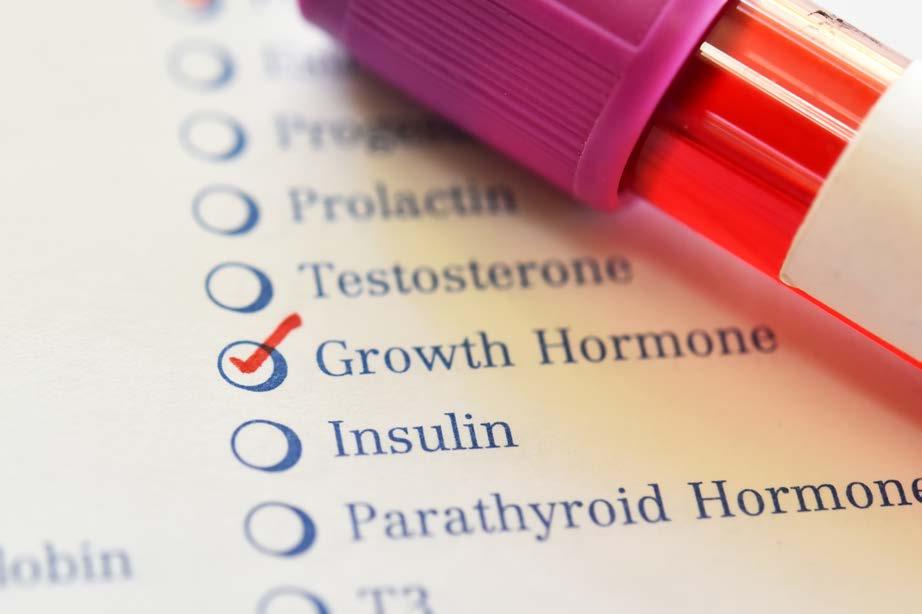
Inotherwords,decliningHGHisamajorfactorinweightgain.
ThingsthatnaturallydecreaseHGHproduction:
Age
Poorsleep
Increasedbodyfat
Highsugarconsumption
Insulinresistanceorbloodsugardysregulation
Littlephysicalmovement
Luckily, following even a few tips in this guide can help increase natural HGH production, which can increase cell metabolism, boost recovery and repair, and contribute to fat burninginyoursleep.
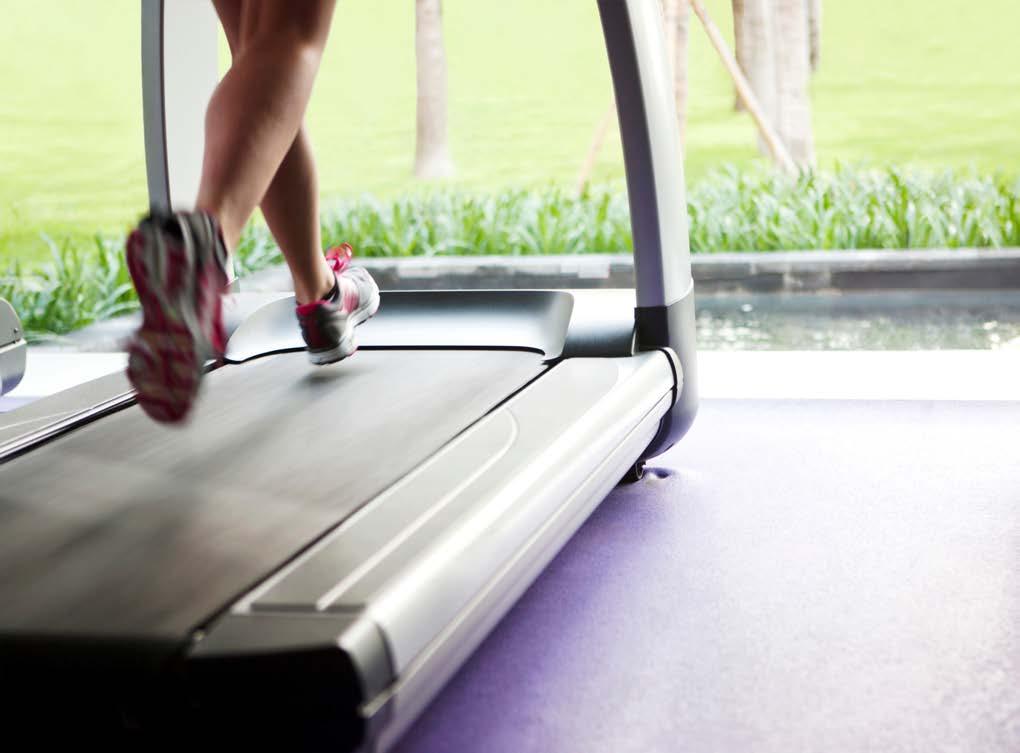
Calories in calories out, being in a caloric deficit, burning more calories than you eat—intheory,alloftheseconceptsshouldhelpyoulosefat,buttheydon’t.
What many people don’t understand is that it doesn’t matter how many hours youspendonthetreadmillifyou’renotoptimizingsleepandHGHproduction.
Main weight loss is from the calories you burn at night, repairing tissues and detoxifyingthebody—notfromexercise.
In fact, if you continue to exercise without the appropriate sleep, you won’t just stall your weight loss, you’ll slow down your metabolism, increase your risk of injury, and promote chronic inflammation, which is associated with a whole host ofconditions,includingweightgain!
It’s time to get off the treadmill and fill in the gaps of your wellness routine to promotedeep,nourishingsleep.

No one wants to wait until they gather all the right foods, supplements, and blackout curtains to get a better night’s sleep. Luckily, there’s plenty you can start doing for free to support your adrenals and detox organs, balance your blood sugar,andincreaseHGHproduction:
Meditate for 10 minutes (or longer)daily.
Ground by walking barefoot onthedirt,grass,orsand.
Try intermittent fasting to activatehGHproduction.
Set a sleep-wake schedule andsticktoit!
Lower the temperature of your room to about 68°F at night.

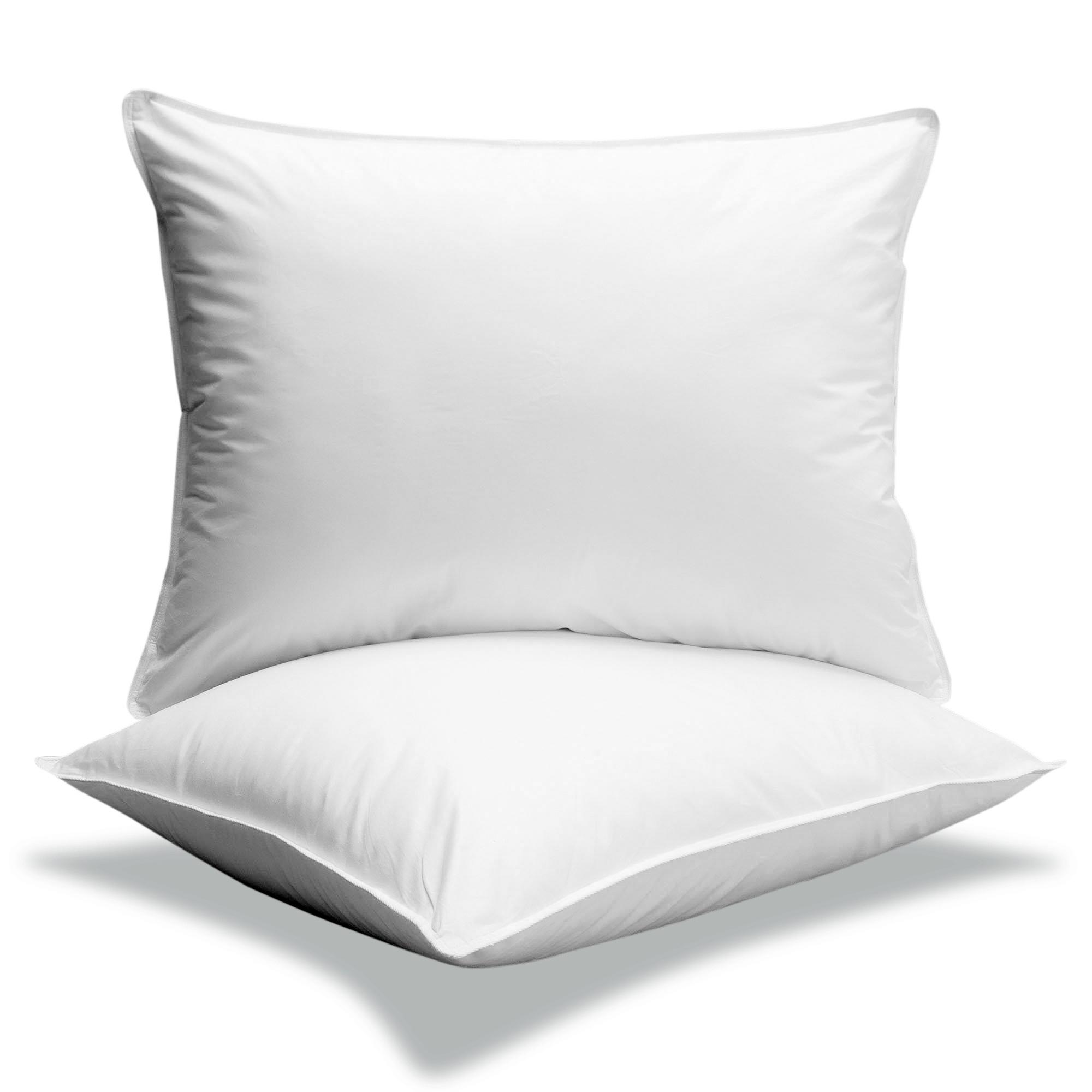
You may have heard of some of these tips before, but they bear repeating. Even something as simple as sleeping in a completely dark room or lowering the thermostat by a few degrees can make or breakafullnight’ssleep.
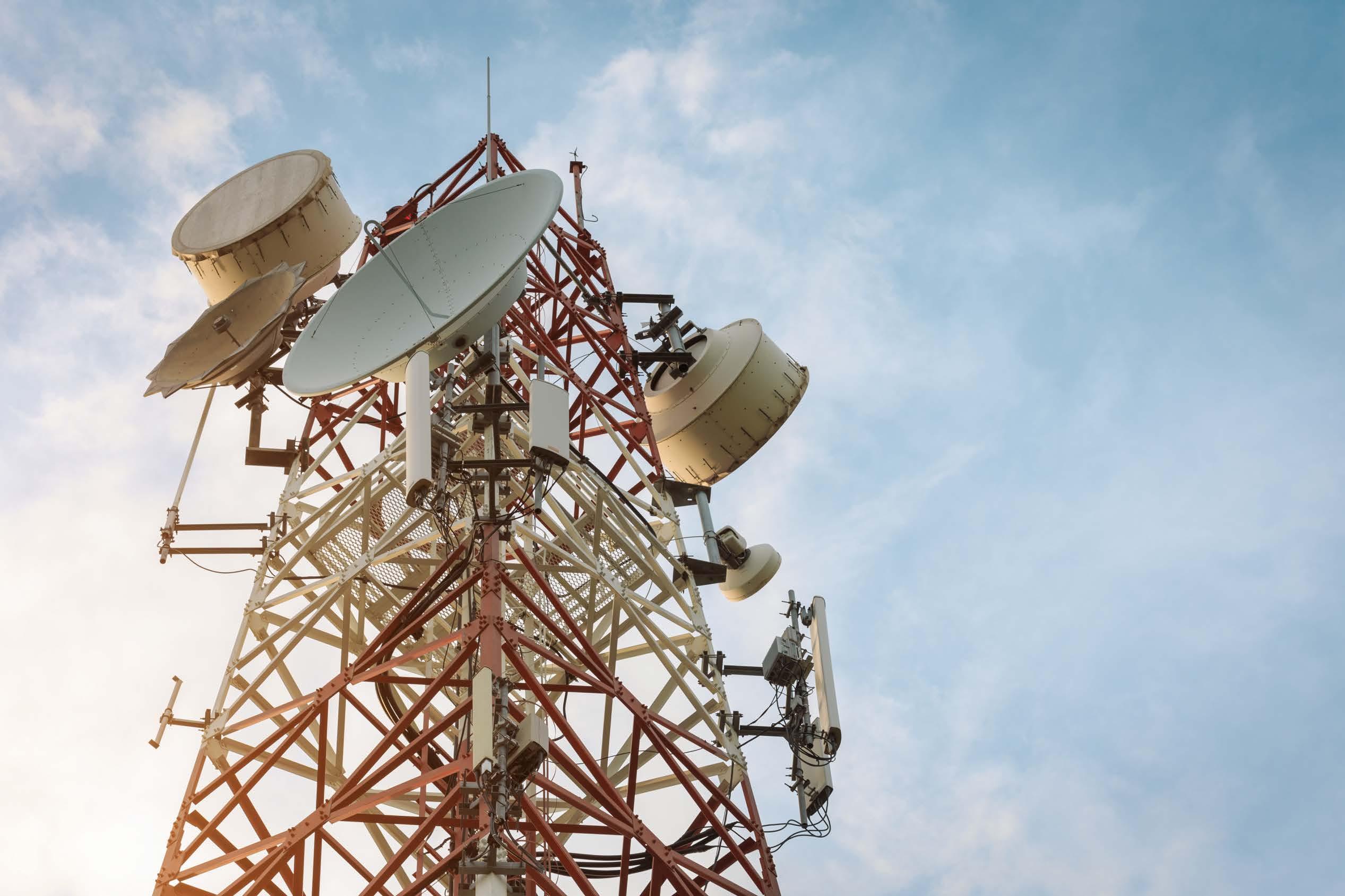
EMFs (electromagnetic fields or frequencies) are wireless energy waves emitted from electronic devices. These waves are obviously invisible but can hugely impact your health — even at low levels. Most notably, EMF exposure can suppress natural melatonin production, increase cortisol, send your blood sugaroutofwhack,andreduceHGH.
In a world where we’re constantly surrounded by devices, it may seem impossible to get away from the glowing light of screens. But lowering your exposurecouldhelpimprovesleep,mood,andevenyourphysicalhealth.
Here’showtogetstarted:
Mind your internet connection: EMFs are emitted from your wireless internet connection, which most people keep on 24/7. To mitigate this influx of EMFs, you can manually turn off routers in certain rooms or turn your internet off at night. You can also install a timer on your wireless internet connection so it automatically shuts off a few hours before bedtime.
Shield the router: Wireless router cages or “guards” are available online andworktolowerEMFoutputwithouteliminatingitentirely.
Wireup: Avoid using Bluetooth and other wireless devices like keyboards, microphones, earbuds, and speakers. Wired versions still exist and are muchbetterforyourhealth.
Practice phone hygiene: Place your cell phone at least three feet away from your body at all times, and, when possible, put your phone in airplane mode to help mitigate exposure. At night, it’s recommended to sleep with your phone in another room or at least eight feet away. Besides lowering EMF exposure, sleeping away from your phone can also promote better, deeper sleep and increase focus, relationships, happiness, and overall wellbeing.
Just like EMFs, blue light from screens and junk light from electronics can affect your sleep quality and quantity. This includes any small, seemingly insignificant lights from your smoke detector, humidifier, or alarmclock.
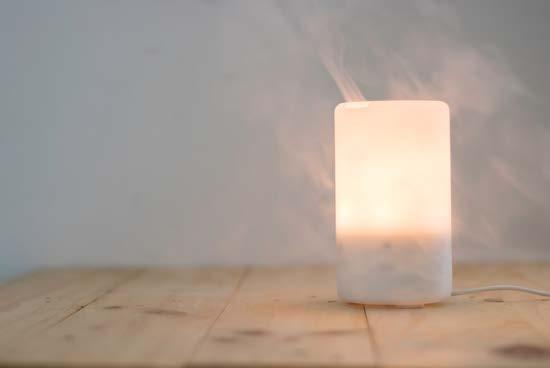
That constant glow can cause REM-cycle disruptions, which are linked to cognitive impairment, heart disease, and obesity. And light pollution can delay melatonin production and affect cortisol levels, destroying a good night’s sleep. Since most of your HGH production happens at night (peaking around midnight), it’s crucial that you sleep in acompletelydarkroomandturnoffyourscreensatleastonehourbeforebed.
To ensure your room is completely dark, invest in some blackout curtains, and put black tape over any light you see. If light comes in under the door, block it with a rolled-up towel.Ideally,youshouldn’tbeabletoseeyourhandinfrontofyourface. 4
Feng Shui is the ancient Chinese art of aligning your energy with your surroundings. The literal translation is “wind” and “water” — both associated with wealth and good health. You don’t have to take a Feng Shui course to get started. Even a few of these tips will helptheenergyflowoptimallyandreducedistractionswhileyousleep.

Removeclutterandkeepaclear, organizedspace(especiallyinthe bedroom).
Don’tkeepanypaintingswithwater overyourhead.
Don’tkeepphotosofanyoneother thanyourselfandyourspouseinthe bedroom.
Eliminateanysounds,likebuzzing, humming,orbeeping.
Keepyourphoneatleasteightfeet fromyourbedatnight,andkeepitin airplanemode.
Keepasolid,sturdywallbehindyour headboard.
Don’tkeepanymirrorsdirectlyfacing yourbed.
Choosecalmingcolorsforyourbed andbedroom.
Addsomenaturalelements,likeairpurifyingplants.
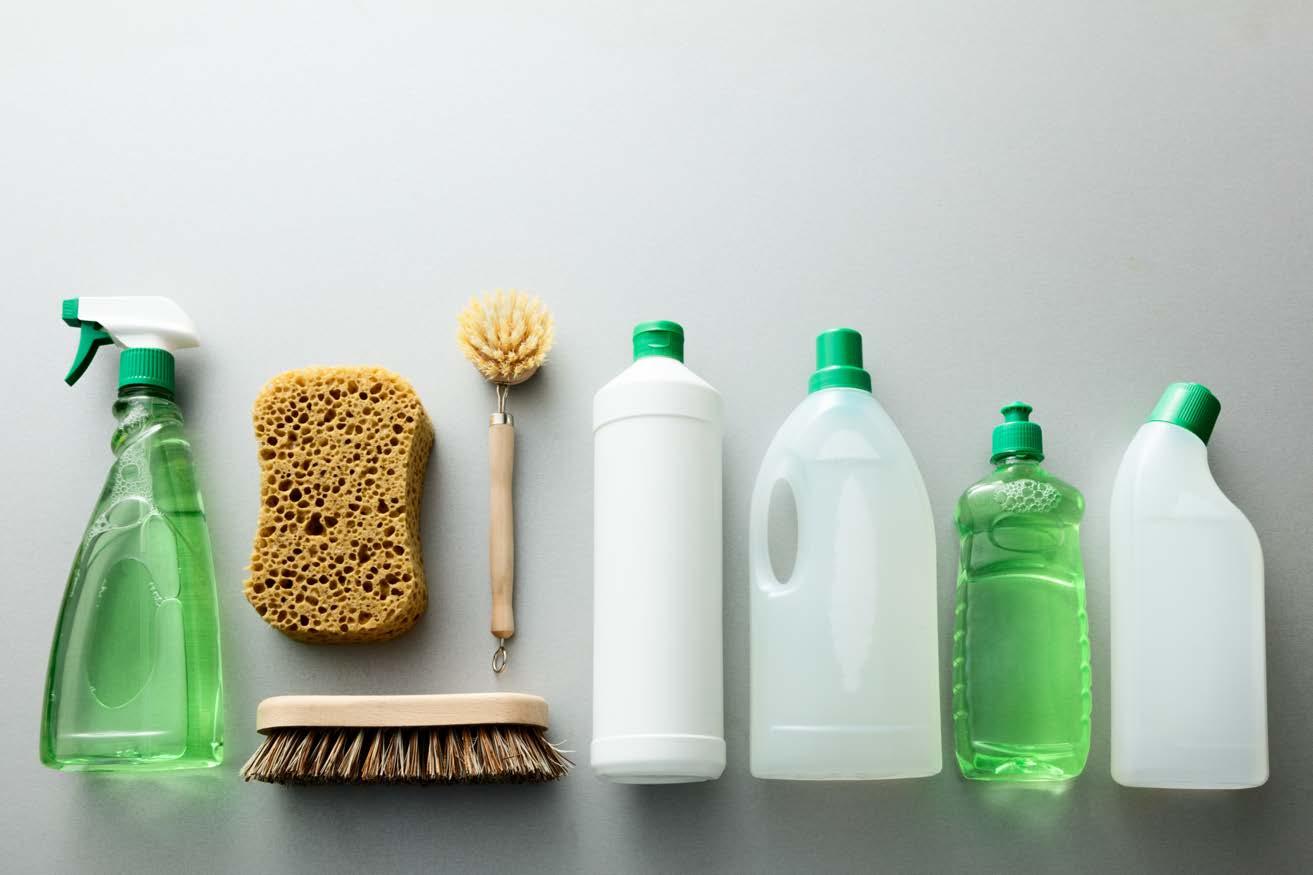
Both natural and man-made chemicals abound in the home, many of which can potentially mimic or interfere with your body’s hormones. These are called endocrine disruptors and they hide in things like laundry detergent, candles, cleaning products, and personal care productslikesoapsandlotions.
Use a site like https://www.ewg.org to assess which products contain high levels of endocrinedisruptorsandswapanydangerousproductswithcleanerones.Alistofthingsto checkoninclude:
Allcleaningproducts
Laundrydetergent
Dishwashingliquid
Floorcleaner
Windowcleaner
Handsoap
Airfresheners
Linensprays
Bodywash
Lotions
Deodorant
Makeup
Shavingcream
Shampooandconditioner
Otherhairproducts
Toothpasteandmouthwash
Perfumesandcolognes
Andmuchmore
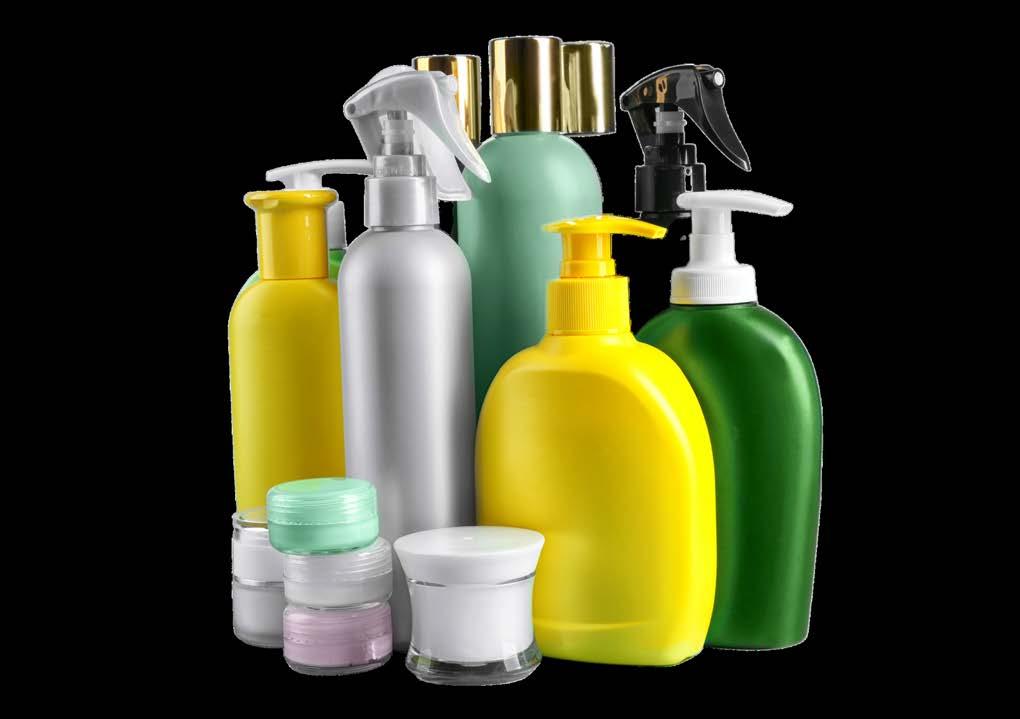
HIIT, or high-intensity interval training, usually consists of short bouts of intense or “all-out” exercise lasting anywhere from 1560 seconds, followed by similarly short lengths of recovery. This cycle of hard work and recovery usually lasts about 30-45 minutes and can include anything from cyclingtosprintingtocircuitworkouts.
HIIT workouts 2-3 times per week may increase HGH production, increase calorie burn,andslowdowntheagingprocess.

Your overall circadian rhythm or circadian balance plays a crucial role in your metabolism and many other biological processes. And circadian rhythm isn’t just about when you fall asleepandwakeupeverymorning.
Of course, establishing regular bedtimes and wake times is important, but when you eat, workout,andwhenyoustopworkingeverynightcanalsoaffectyourdailyrhythm.Rather than keeping a chaotic schedule, staying up too late, or failing to close the computer at a specifictime,adoptthesehabitsinstead:
Shutdownscreenuseatleastonehourbeforebed. Establishconsistentbedtimesandwaketimes. Keepconsistentmealtimesthroughouttheday. Gotobedwellbeforemidnight(ideally10pmatthelatest). Don’tlookatyourphoneorotherscreensimmediatelyuponwaking. Get10-20minutesofnatural,indirectsunlightinyoureyeseverymorning. Bonus:workoutatthesametimeeverydaywhenpossible.
The main goal of nutrition for sleep and HGH optimization is addressing blood sugar dysregulation and adrenal function. Here are some ways to keep blood sugarbalanceddayandnight:
1
2
Prioritze Protein: Protein helps balance blood sugar and regulate appetite, so you won’t be as prone to snacking on junk foods. You can find protein in everything from meat, fish, dairy, and eggs to nuts, seeds, and vegetarian protein sources like lentils, legumes, andtempeh.
Choose low-glycemic foods: The glycemic index is a system that ranks foods on a scale from 0-100 depending on how they affect blood sugar spikes. The lower on the scale, the better for your bloodsugar.
3
4
5
Get plenty of fiber: Fiber-rich foods help balance blood sugar, support elimination, and provide the necessary prebiotics for healthygutbacteria.
Eathigh-qualityfats: Contrarytosomeoutdatednutritionscience, fatisn’tbadforyou.Instead,it’sthetypesoffatthatmatter.Natural sources from fatty meats and fish, high-quality dairy, avocados, coconut, butter, and olive oil can help regulate hormones and supportcognitivefunction.
Incorporate vegetable juice: Just two glasses per day of vegetable juice from leafy greens (chard, kale), cucumber, and celery can help with detoxification and leptin sensitization for appetitesuppression.
6
7
Avoid sugar before bed: Sugar intake stimulates insulin and cortisolproduction,bothofwhichcounteractHGHproduction.
Avoid caffeine after noon: Caffeine has a half-life of between 4-6 hours. That means you could potentially feel the effects of caffeine forupto6hoursafteryourlastcup.
L-arginine is an amino acid that promotes gut and brain health, relaxes blood vessels, and helps increase HGH productionandlowercortisol.
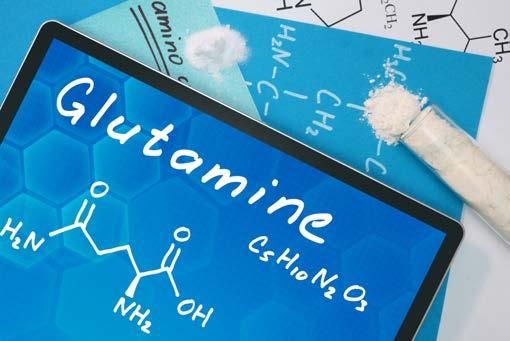
L-tyrosine is an amino acid necessary for the production of several important brain chemicals, including epinephrine, norepinephrine, and dopamine. Healthy dopamine production is associated withincreasedHGHsecretion.
6
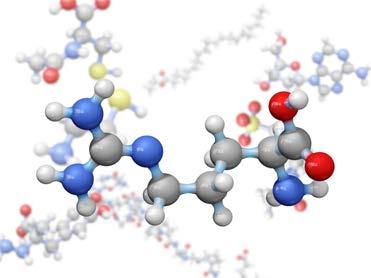
L-glutamine is the most abundant amino acid in your body and is necessary for immune, gut, and brain health. One study showed that ~2 grams per day may increase HGH levels by up to 78% in healthy people, helping to restore and repair cellular damageandinflammation. 5
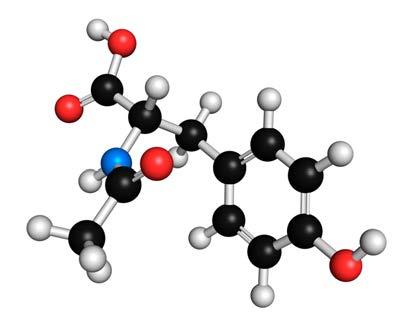
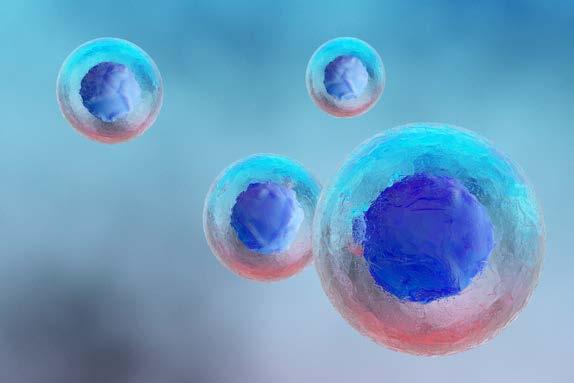
One of the more well-known sleep aids, melatonin is a hormone that your brain produces in response to darkness. However, many people struggle to produce enough melatonin, especially with stress or age. Cycling melatonin supplements can help with sleepandHGHproduction.
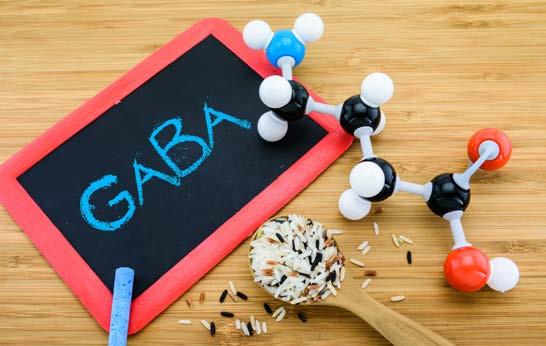
Phosphatidylserine is part of the phospholipid family, a group of compounds that are found in all human cell membranes. Phosphatidylserine is naturally found in small amounts in food, but for people suffering from adrenal dysfunction, supplementation can reduce the production of the stress hormone cortisolandinduceasenseofcalm.
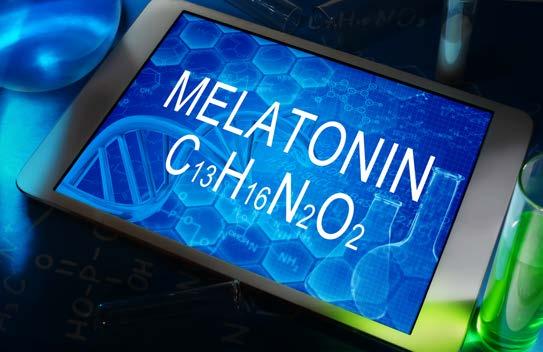
GABA is a naturally-occuring amino acid that works as a neurotransmitter in your brain. It’s also known as your central nervous system’s main “inhibitory” or calming neurotransmitter, helping with relaxation,anxiety,pain,andsleep.
7
A good B complex can help relieve stress, boost cognitive performance, reduce stress and anxiety, and help increase your body’s natural production of melatonin — even in people without B vitamin deficiencies. Although you can get plenty of B vitamins from food, alcohol, sugar, stress, caffeine, and certain medications canspeedupexcretion.
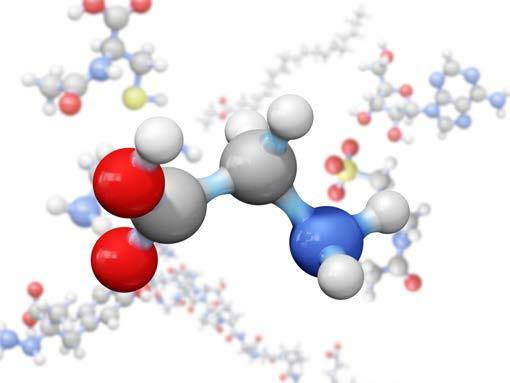
Pectasol C, or modified citrus pectin, is a soluble dietary fiber formulated to support cell growth, tissue health, and optimal immune function. Pectasol C binds and excretes neuro-agitators like heavy metals, xenohormones, and Galectin-3 (a main inflammatory driver) withoutaffectingyourminerallevels.
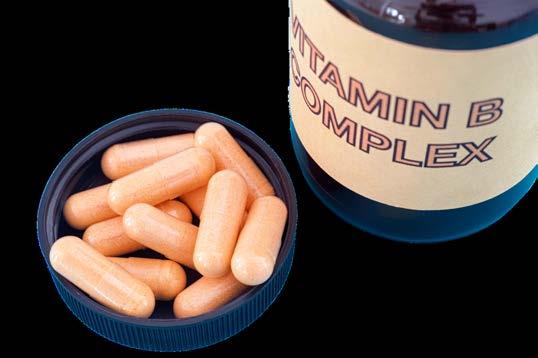
Glycine is an amino acid that promotes growth, tissue maintenance, and the production of important hormones and enzymes. It’s also a known antioxidant, and helps relax the body and calm the brain for better, deeper sleep. Glycine also helps stimulate the pituitary gland to secreteHGH.
8
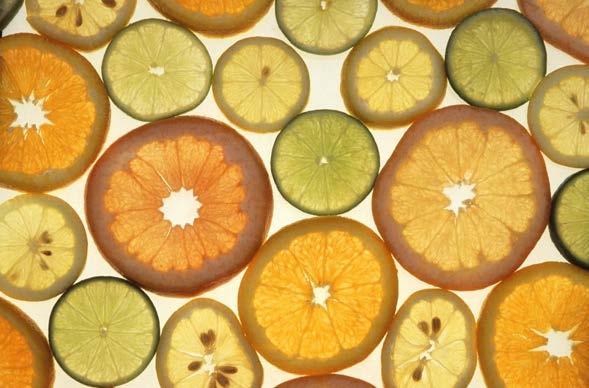
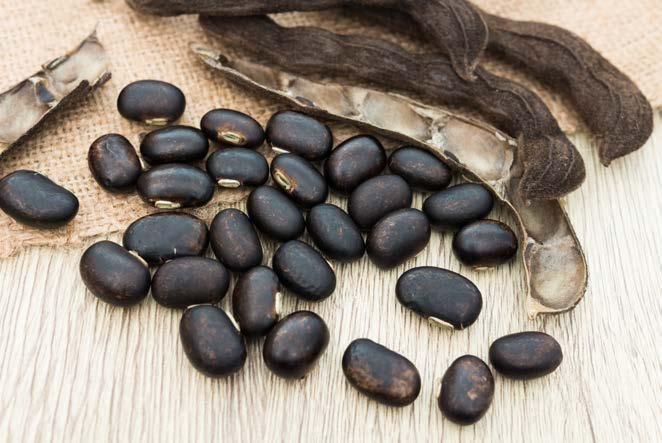
Milk thistle is a powerful herb that supports digestion and natural liver and gallbladder detox. If you find yourself waking up between the hours of 11-1 am or 1-3 am, or experience digestive issues, you could benefit from a combination of milk thistle and dandelion.

Mucuna pruriens, or mucuna beans, have been used for thousands of years in Ayurvedic to improve sleep and cognitive function. It's an excellent source of “l-dopa,” which may cross the bloodbrain barrier to create dopamine. And healthy dopamine levels are associated with less stress, better brain function, a healthier sleep-wake cycle, and increasedHGHproduction.

Dandelion is another powerful digestive herb packed with anti-inflammatory compounds and antioxidants. Known for its liver-supporting benefits, both dandelion and milk thistle boost liver and gallbladder function and help with detox, resulting in hormone balance and increasedimmunefunction.
Ashwagandha, also known as Indian ginseng, is a common Ayurvedic herb used to help with various conditions, including stress management and sleep. Ashwagandha may help you fall asleepfasterandincreasesleepquality and quantity. One randomized, selfreported study, participants reported a 72% increase in sleep quality after just sixweeks.

Not only is skinny sleep possible for you, but it’s also critical for your continued health. While we target fat loss as the main benefit in this guide, the repercussions of good, deepsleep,hormonebalance,andfatlossarefar-reaching.
Good sleep can decrease your risk of developing chronic diseases, heart disease, and obesity. It can boost cognitive power, banish brain fog, and even increase memory andproductivity.
After working with thousands of patients, I’ve seen just how powerful the tips in this guide can be — even if you only adopt a few at a time. The main goal is to rewire your belief that you’re not doing enough or that you have to work out more and eat less in ordertoloseweight.
While calorie restriction can work for some, it’s not necessarily the answer for overall wellness. Focusing on health, not chronic restriction, won’t just get you to your goal weight;you’llalsobecomehealthierandmoreresilientthanever.

CITATIONS:
1-https://www.grandviewresearch.com/industry-analysis/weight-management-market
2https://www.ncbi.nlm.nih.gov/pmc/articles/PMC3334267/#:~:text=According%20to%20this% 20view%2C%20EMF,lead%20to%20increased%20cancer%20risk
3-https://www.sciencedirect.com/science/article/abs/pii/S0747563218301523
4-https://academic.oup.com/sleep/advance-articleabstract/doi/10.1093/sleep/zsac130/6608953?redirectedFrom=fulltext&login=false; https://www.pnas.org/doi/10.1073/pnas.2113290119
5-https://pubmed.ncbi.nlm.nih.gov/7733028/
CITATIONS: 6-https://pubmed.ncbi.nlm.nih.gov/3553220/ 7-https://pubmed.ncbi.nlm.nih.gov/11983310/ 8-https://pubmed.ncbi.nlm.nih.gov/22293292/; https://pubmed.ncbi.nlm.nih.gov/25533534/ 9-https://www.ncbi.nlm.nih.gov/pmc/articles/PMC3942911/ 10-https://pubmed.ncbi.nlm.nih.gov/3553220/ 11-https://pubmed.ncbi.nlm.nih.gov/31728244/ 12-https://pubmed.ncbi.nlm.nih.gov/32540634/